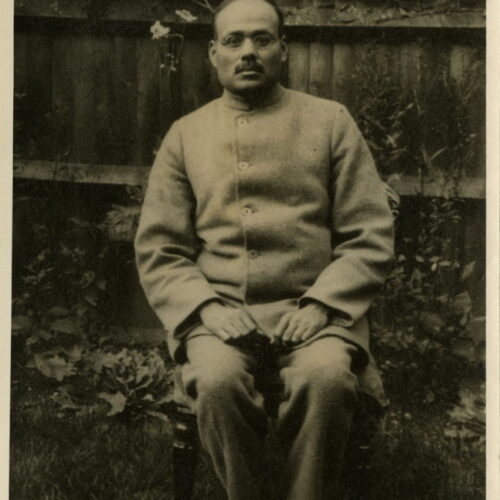

Life is a wonderful privilege. It imposes great duties. It demands the fulfilment of great tasks and the realisation of noble ideals… You stand between the past and the future: the world is yours to enjoy, to organise, and to reconstruct… It is for you to blaze the trail for great movements that will build up a happier world.
Har Dayal, ‘To a Young Fellow-Rationalist’, Hints for Self-Culture (1934)
Lala Har Dayal was an Indian revolutionary, rationalist, and scholar, who forged close links with the South Place Ethical Society, of which he was a member from 1930. An early leader in the Indian movement to oppose British rule, he became a widely known and respected speaker on pacifism, democracy, and rationalism. Har Dayal’s Hints for Self-Culture, published by Watts & Co. in 1934, emphasised humanist values of reason, freedom, and the striving for a better world: ‘in the hope that you will try to make the best use of your life according to the philosophy of Rationalism.’
Lala Har Dayal born in Delhi, India, the son of a district court reader. An exceptional student, he graduated with a master’s degree from the University of the Punjab, and earned a state scholarship to study at St John’s College, Oxford. He studied Sanskrit there from 1905, becoming the Boden Sanskrit Scholar in 1907. That year, Har Dayal resigned the scholarship on ideological grounds, returning to India in 1908. There, he began to agitate against British rule, leaving the following year for a lecture tour in Europe, further propagating his revolutionary ideals.
Har Dayal explored various countries and philosophies, before settling in America. There, while lecturing at Stanford University, he was a founding member of – and leading figure within – the revolutionary Ghadr Party, which sought to overthrow British rule in India. In 1914, his extradition to England was granted by the US Government, but Har Dayal fled to Europe, remaining there throughout the First World War. His time in Germany shifted his ideals and allegiances, and he split from the Hindu Revolutionary movement soon after the war ended, embarking on an extensive lecture tour.
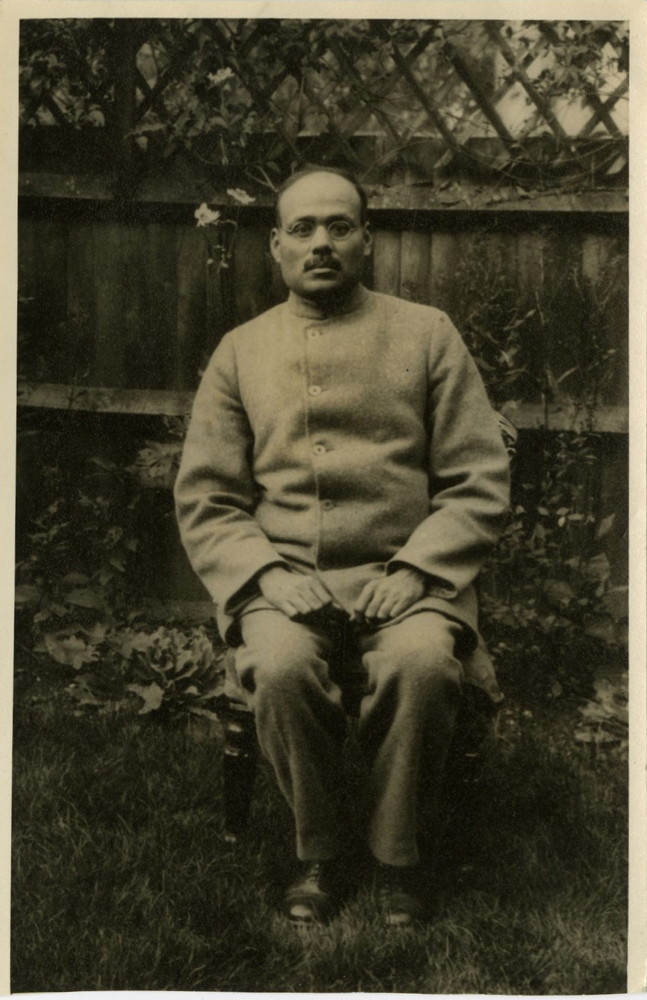
In 1927, Har Dayal returned to London, studying for a doctorate in Sanskrit at the University of London. Living in Edgware, he established his home as a centre for education, known as the Modern Culture Institute. He received his PhD in 1930, and in the same year became a member of the South Place Ethical Society, for whom he lectured on multiple occasions. He was lauded at South Place as a ‘fluent speaker’, whose ‘lectures were remarkable for their humour and their humanity’. In 1934, he published Hints for Self-Culture, which closely reflected the aims of the humanist Ethical movement. It proposed the cultivation of personal morality, grounded in reason and well-informed by the wisdom of ancient thinkers. ‘Greek philosophy’, he argued, ‘is the real precursor of modern Rationalism’. Har Dayal also emphasised the inseparability of ‘Personal Ethics’ and State-Ethics’, believing – as the ethical societies did – in the pressing need for progressive reform. For Har Dayal, the flourishing of the individual and that of wider society were interdependent:
Virtuous individuals create and maintain good political and economic institutions; and good institutions produce virtuous citizens.
Har Dayal disregarded notions of god and heaven, proposing instead a humanist philosophy ‘related to this life on this earth as lived by Mankind in the environment produced by Nature.’ He emphasised ‘the value and necessity of rational thought and discussion’, ‘civic freedom’, ‘scientific research’, ‘self-control, and optimism.’
Har Dayal returned to America for a lecture tour in the late 1930s, speaking for various groups, including the New York Society for Ethical Culture, the first society in what became the worldwide organised humanist movement. He died in Philadelphia on 4 March 1939, aged 54. His wife Agda, who he had met and married while in Sweden, continued to be actively involved with the ethical societies.
Above all, practise Democracy, Liberty, and Equality in your daily life. Governments will change slowly, but your daily life is a noble institution that you can establish forthwith.
Har Dayal, Hints for Self-Culture
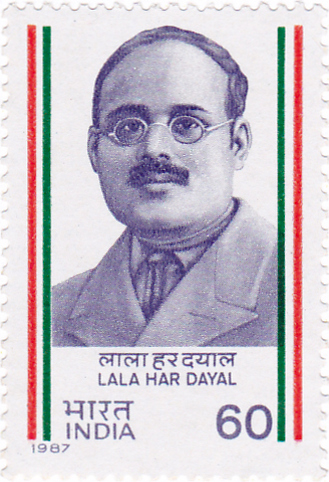
Har Dayal was an eloquent promoter of the values of rationalism and humanism, demonstrative of both the rationalist tradition of India, and the international Ethical movement. A speaker on world religions, Har Dayal was part of a strong tradition within the UK humanist movement of absorbing influence from abroad, and supporting the reformist efforts of those outside Britain. This was especially notable at South Place a century earlier, with the role of social reformer Rammohun Roy in expanding the thinking of William Johnson Fox, and evidenced years after Har Dayal with Gora and the Atheist Centre. This tradition of international cooperation, and recognition of the value of global humanism, continues today in the work of Humanists International.

Its main concern is with peace and security and with human welfare, in so far as they can be subserved […]
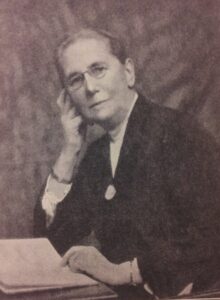
When we are asked to believe that nothing but a supernatural ideal can inspire and sustain a life-time of complete […]
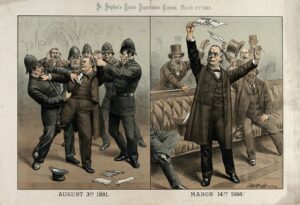
The House of Commons refused to allow his affirmation, so Bradlaugh applied to take the oath but was again refused. […]
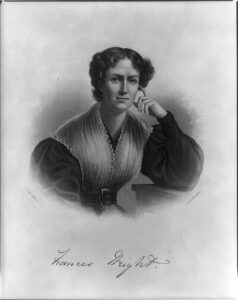
I have devoted my time and fortune to laying the foundation of a society where affection shall form the only […]